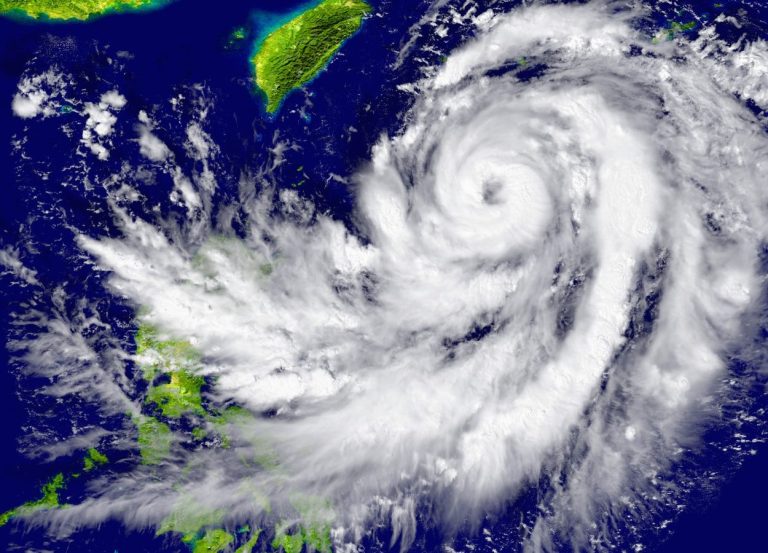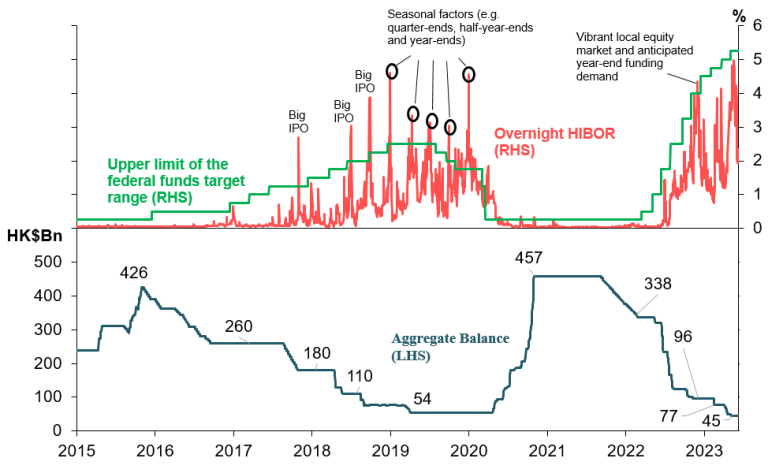Introduction: Overview of the Tropical Cyclone and Its Current Status
A tropical cyclone is currently moving across the northeastern part of the South China Sea. In the past few hours, it has been traveling northwest at a steady pace. Right now, its circulation is small, and it is staying about 300 kilometers or more away from Hong Kong. Because of this distance, the Standby Signal No. 1 is still in place for Hong Kong today.
The Tropical Cyclone’s Movement: Recent Developments and Current Position
This tropical cyclone has been moving northwest across the South China Sea. It is not very close to Hong Kong yet, and experts expect it to keep a safe distance for most of today. However, it is slowly getting closer to the coast of eastern Guangdong, a region near Hong Kong. Tomorrow, it might turn west and move toward the Pearl River Estuary area. There is still some uncertainty about exactly where it will hit land and how strong it will be.

Standby Signal 1: What It Means for Hong Kong and When It Was Issued
The Standby Signal No. 1 is the lowest level of tropical cyclone warning in Hong Kong. It means that a tropical cyclone is nearby, but strong winds are not expected to hit the city yet. This signal was issued to let people know to stay alert and keep an eye on updates. It is still in force today because the cyclone is far enough away that it does not pose an immediate danger to Hong Kong.
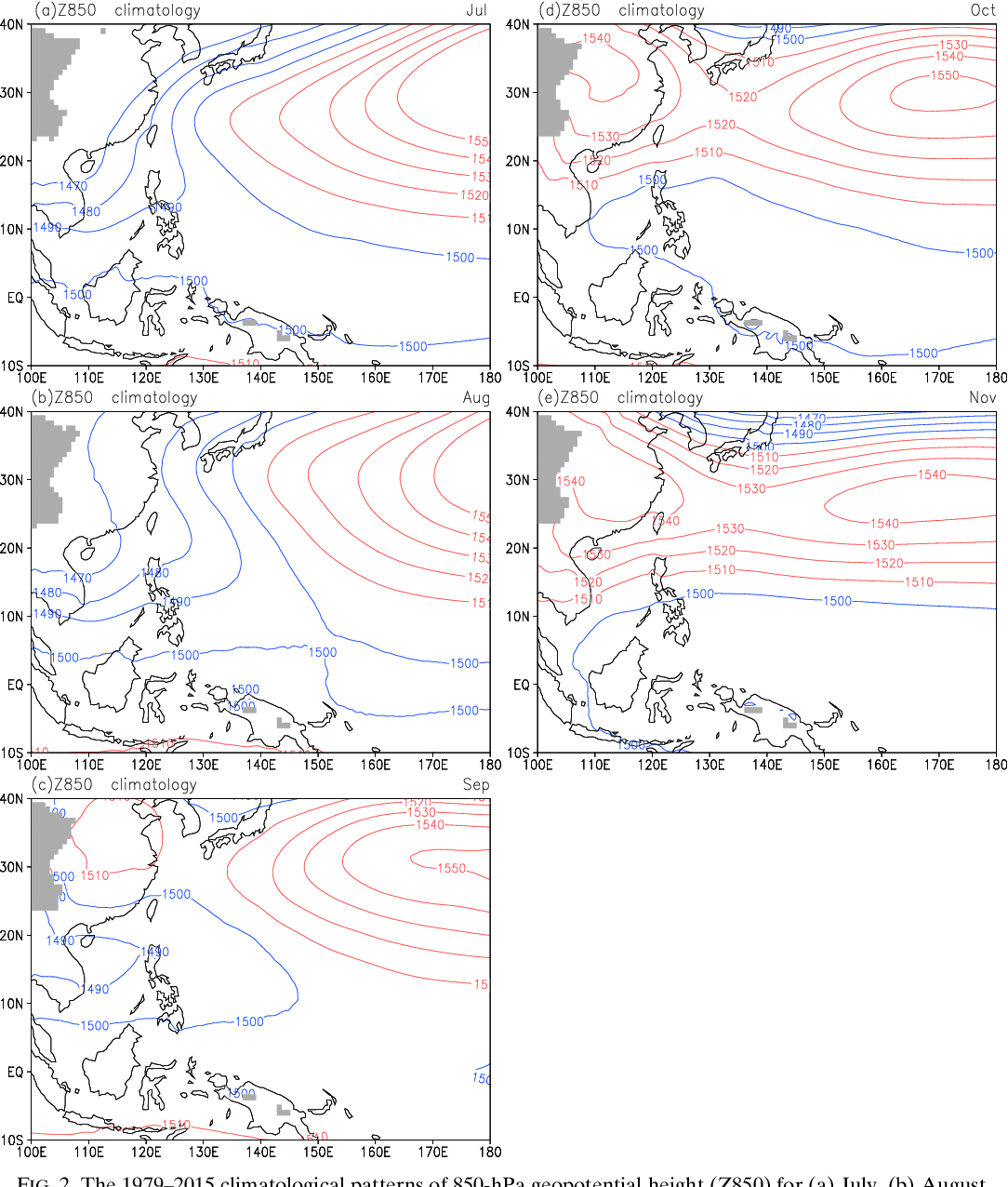
Forecast Update for Hong Kong: Possible Intensification and Expected Weather Conditions
According to the latest forecast, the tropical cyclone might get stronger as it moves closer to eastern Guangdong today and tomorrow. It could also shift west toward the Pearl River Estuary. Because of this, and with the northeast monsoon affecting the area, the Hong Kong Observatory might need to issue higher warning signals tomorrow. They will decide based on how strong the cyclone gets, how close its strong winds come to Hong Kong, and how local winds change.
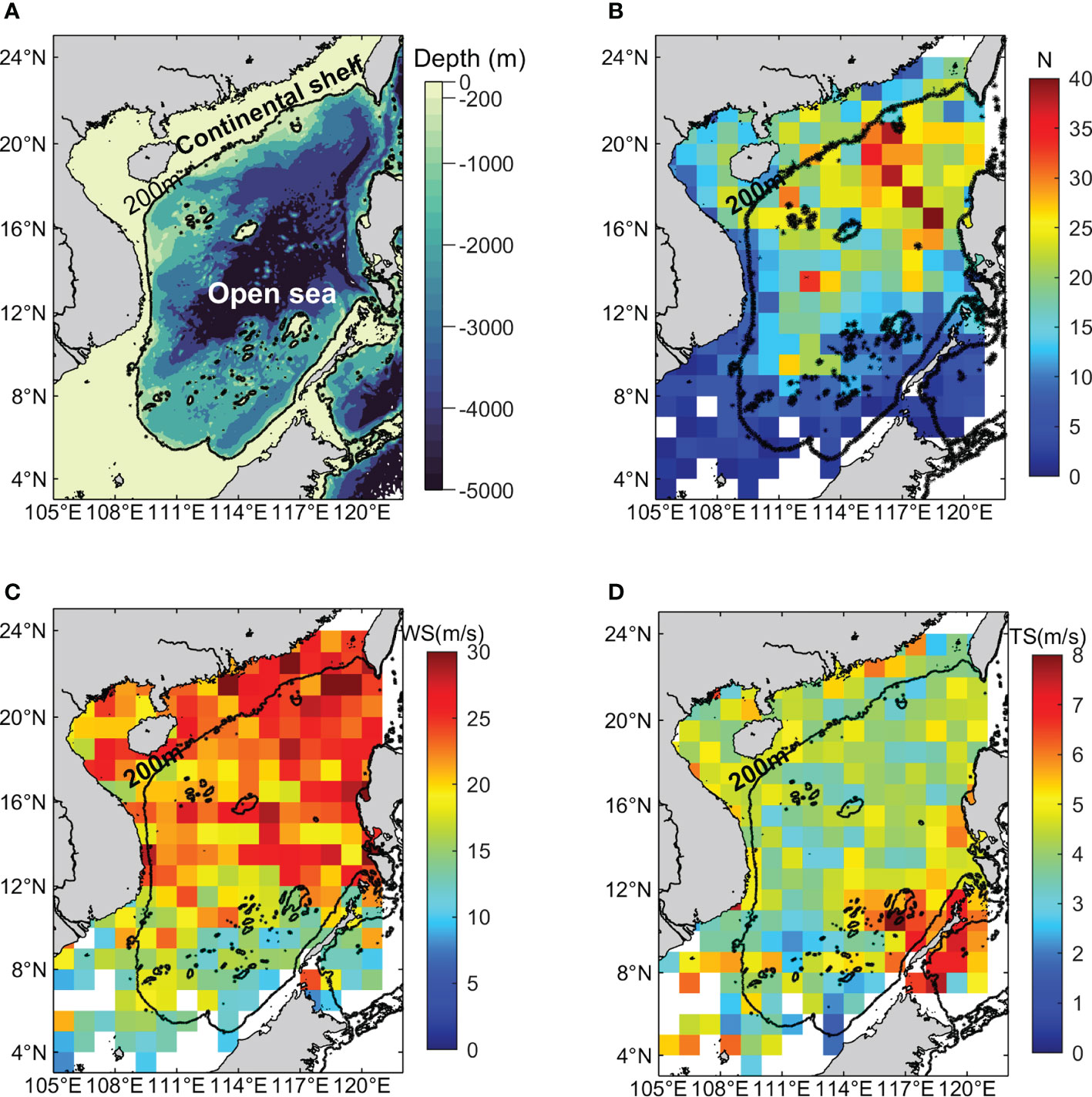
Local Weather Impacts: Heatwaves, Showers, and Thunderstorms Over the Weekend
Even with the cyclone nearby, Hong Kong’s weather will stay very hot today. Starting tomorrow, expect more showers and stronger winds. Over the weekend, there will be occasional heavy showers, thunderstorms, and squalls, which are sudden strong winds. The rain might be heavy at times, and there will also be swells, which are large waves near the shore. This could make the weather feel more dangerous.
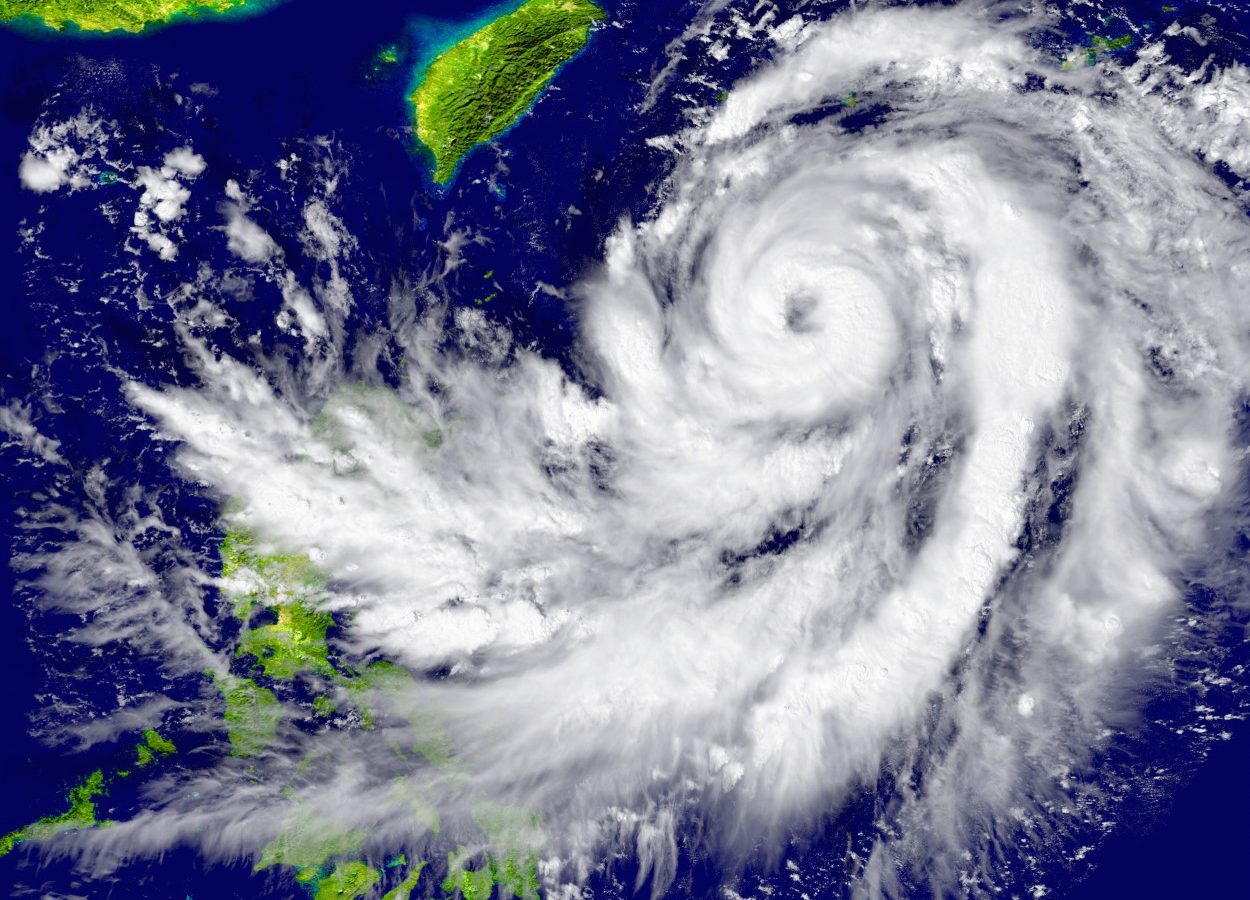
Hong Kong Observatory’s Role: Recent Signals and Warnings for Public Safety
The Hong Kong Observatory is closely watching the tropical cyclone. They are the ones who issue signals like Standby Signal No. 1 to keep everyone safe. They will keep updating the public if the cyclone gets stronger or closer. If needed, they will raise the warning level tomorrow to make sure people are prepared for any changes in the weather.

Climate Crisis Connection: How Warming Oceans Are Impacting Tropical Cyclones
Warmer ocean water can make tropical cyclones stronger and more frequent. When the sea is hotter, it gives more energy to storms, helping them grow bigger and more powerful. This is part of the larger climate crisis, where rising temperatures are changing weather patterns. Understanding this helps explain why we might see more intense cyclones in the future.
Public Advisories: Safety Precautions and Recommendations for the Weekend
With rough weather expected, it’s important to stay safe. The Hong Kong Observatory advises everyone to stay away from the shoreline because of big waves and swells. Do not go swimming or do water sports this weekend. Keep listening to weather updates and be ready for heavy rain and strong winds. Make sure you have supplies like water, food, and a flashlight in case the weather gets worse.
Conclusion: Staying Informed and Prepared for Changing Weather Conditions
The tropical cyclone in the South China Sea is something to watch closely. Even though it’s not too close to Hong Kong right now, things can change fast. Keep checking for updates from the Hong Kong Observatory and follow their advice. Being prepared and staying informed is the best way to stay safe during this weather event.



